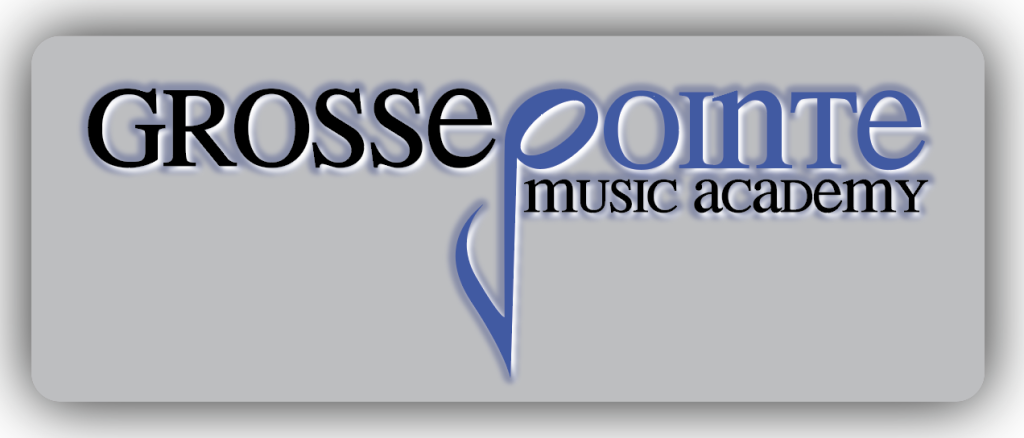Is Music a Higher Revelation?
By Henry Bahrou, Grosse Pointe Music Academy Staff
There’s a well-known quote often attributed to Beethoven that suggests music is a “higher revelation than all wisdom and philosophy.” Whether or not he meant this literally, the idea sparks a valuable question: Can music reveal something deeper than what we gain through knowledge and thought? Is music more than just entertainment—could it be a form of insight, or even truth?
In today’s world, most of us have access to music at all times. With streaming services, phones, radios, and endless playlists, we can hear just about anything instantly. Compared to the 18th and 19th centuries—when experiencing music meant being physically present to hear someone play live—we’re surrounded by sound in a way that Beethoven couldn’t have imagined. With music being so readily available, it’s easy to take it for granted and forget how powerful it can be when experienced with full attention.
If we take the idea seriously that music holds a unique form of understanding—something that even surpasses philosophy or logic—then music education would likely hold a much higher status in our society. Instead of being one of the first subjects on the chopping block during school budget cuts, it would be central to a child’s development, valued as highly as math, science, or language arts.
In my own life, music has absolutely been a source of revelation. It has shaped the way I think, feel, and approach challenges. It has strengthened my imagination, improved my focus, and inspired discipline. While I can’t definitively say that music is the highest form of revelation, I can say with certainty that its influence is powerful—and deeply personal.
Music doesn’t always need to be explained or justified. Sometimes its greatest value is simply in the way it makes us feel, grow, and connect.
Do you see music as a deeper form of understanding? Let us know your thoughts.


Leave a Reply